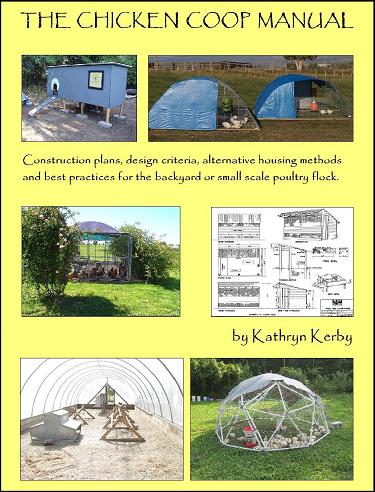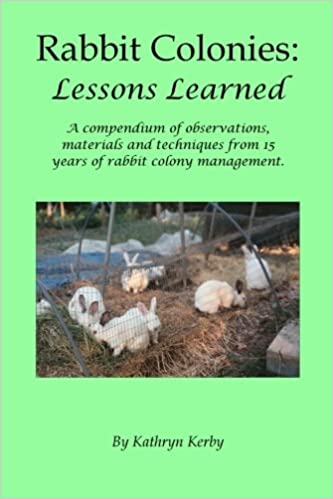Beekeeping Books
These beekeeping books offer a wealth of information on many different aspects of beekeeping: setting up a colony, buying in your first package of bees, capturing honeybee swarms, splitting hives, bringing in a new queen, building your own supers, feeding your bees during gaps in the nectar flow, managing the hives through the year, treating and preventing disease, and harvesting bee products like honey, propolis and wax. Some books even have recipes for what to do with all that honey and wax. Some of the books take a conventional approach to beekeeping, while others are focused on more natural beekeeping methods. Whether you are a beginning beekeeper or have years of experience, we know these books can show you something new. We have read all these beekeeping books and have found value in each one of them.
|
Backyard Beekeeper - Revised and Updated, 3rd Edition: An Absolute Beginner's Guide to Keeping Bees in Your Yard and Garden, by Kim Flottum The editor of Bee Culture magazine lays out the basic information needed
for anyone who wants to get off to a good start with beekeeping. Very
highly recommended! |
|
Natural Beekeeping: Organic Approaches to Modern Apiculture, 2nd Edition, by Ross Conrad Natural beekeeping methods are gaining more attention recently as other aspects of sustainable agriculture gain ground and gain acceptance. While Conrad's methods are still conventional than some would advocate, his recommendations are in general fairly middle-of-the-road and serve as a practical approach to beekeeping. |
|
|
Hive Management: A Seasonal Guide for Beekeepers (Storey's Down-To-Earth Guides) This book has been very helpful because it assumes you know something about honeybees, and now are in a position to manage a handful of hives through the year. The beekeeper's tasks are typically organized by season, weather and nectarflow, rather than specific dates. So his guidance has been very helpful. |
|
|
First Lessons in Beekeeping This is the classic introduction to beekeeping, by one of the founding fathers of American apiculture. While the language in this little booklet may seem a little dated, and some of the materials have evolved over time, this is still a classic reference. |
Our Successful Farming and Ranching Books

We released our very first self-published book. The Chicken Coop Manual in 2014. It is a full color guide to conventional and alternative poultry housing options, including 8 conventional stud construction plans, 12 alternative housing methods, and almost 20 different design features. This book is available on Amazon.com and as a PDF download. Please visit The Chicken Coop Manual page for more information.

Rabbit Colonies: Lessons Learned
We started with rabbits in 2002, and we've been experimenting with colony management ever since. Fast forward to 2017, when I decided to write another book, this time about colony management. The book is chock-full of practical information, and is available from both Amazon and as a PDF download. Please visit the Rabbit Colonies page for more information.
The Pastured Pig Handbook
We are currently working on our next self-published book: The Pastured Pig Handbook. This particular book addresses a profitable, popular and successful hog management approach which sadly is not yet well documented. Our handbook, will cover all the various issues involved with pastured hog management, including case studies of numerous current pastured pig operations. If you have any questions about this book, please Contact Us.

Weblog Archives
We published a farm blog between January 2011 and April 2012. We reluctantly ceased writing them due to time constraints, and we hope to begin writing them again someday. In the meantime, we offer a Weblog Archive so that readers can access past blog articles at any time.
If and when we return to writing blogs, we'll post that news here. Until then, happy reading!




